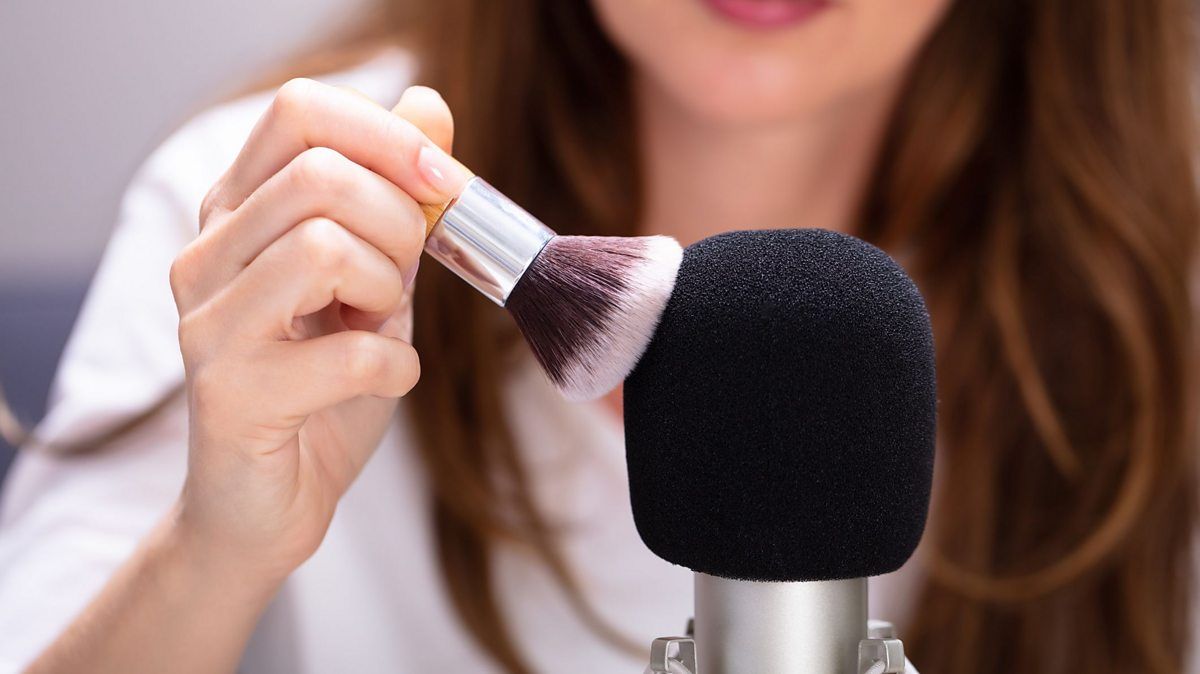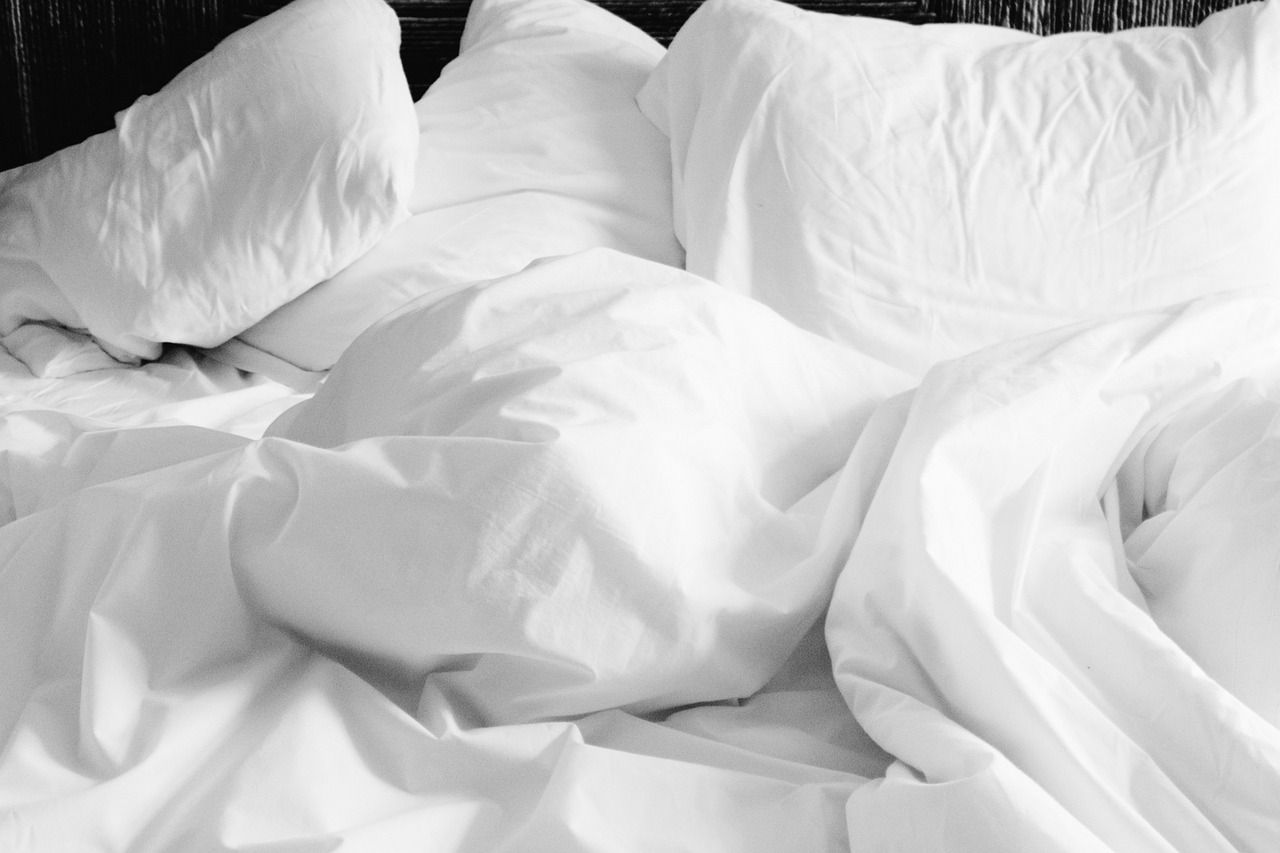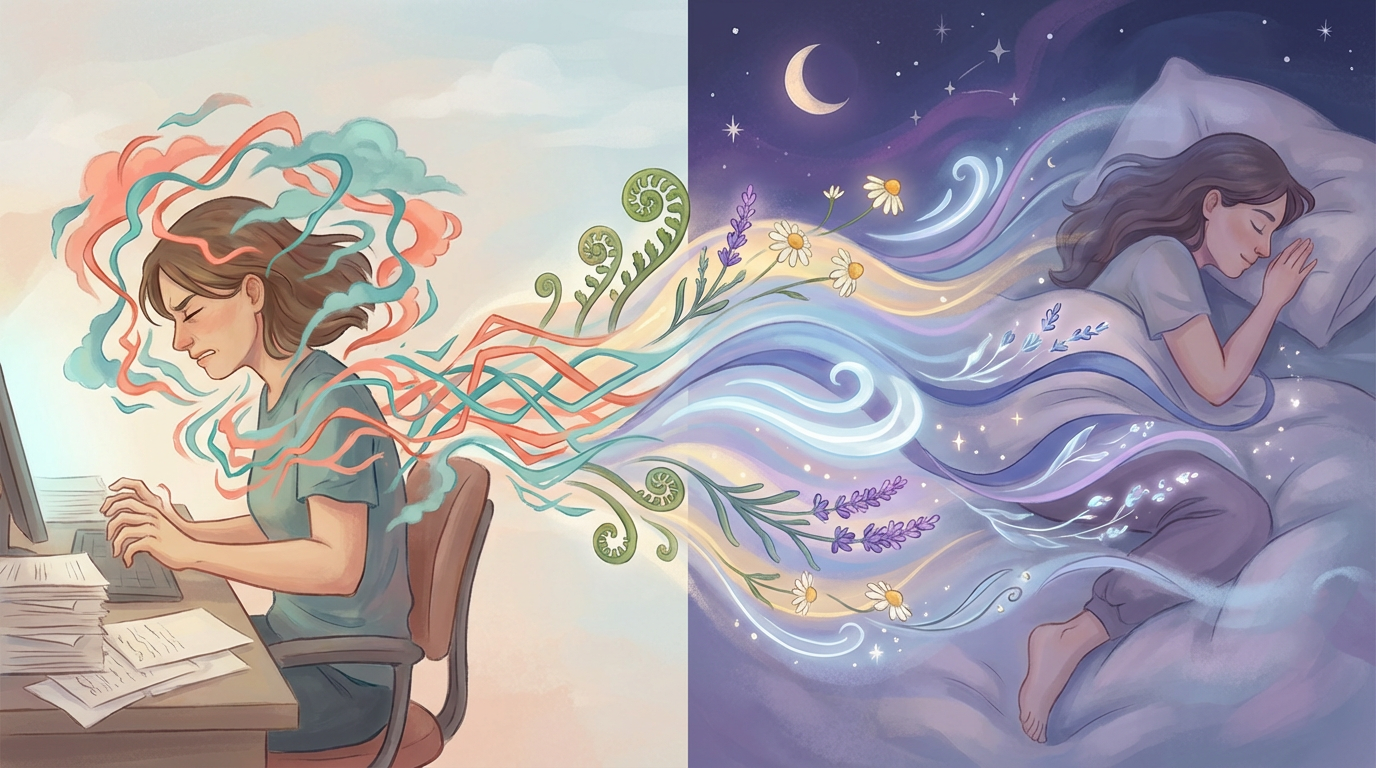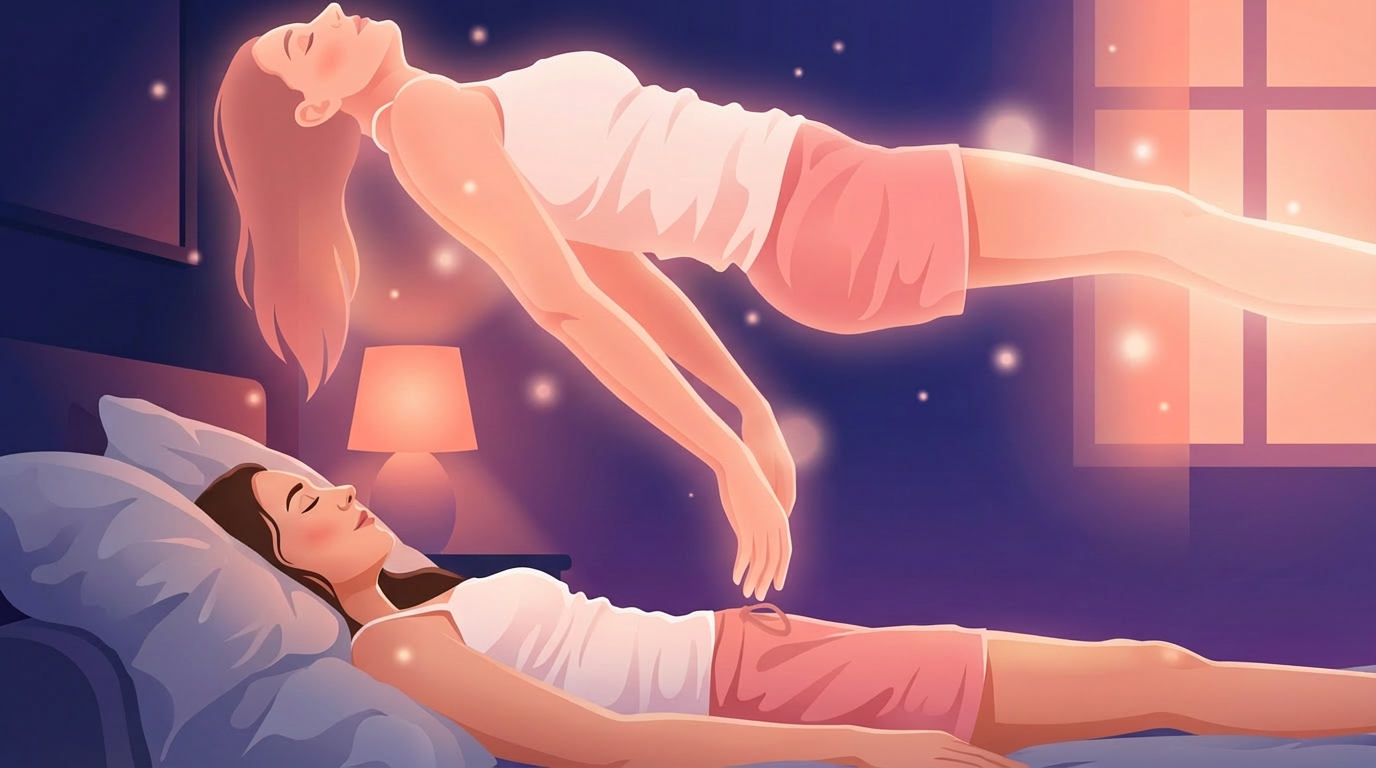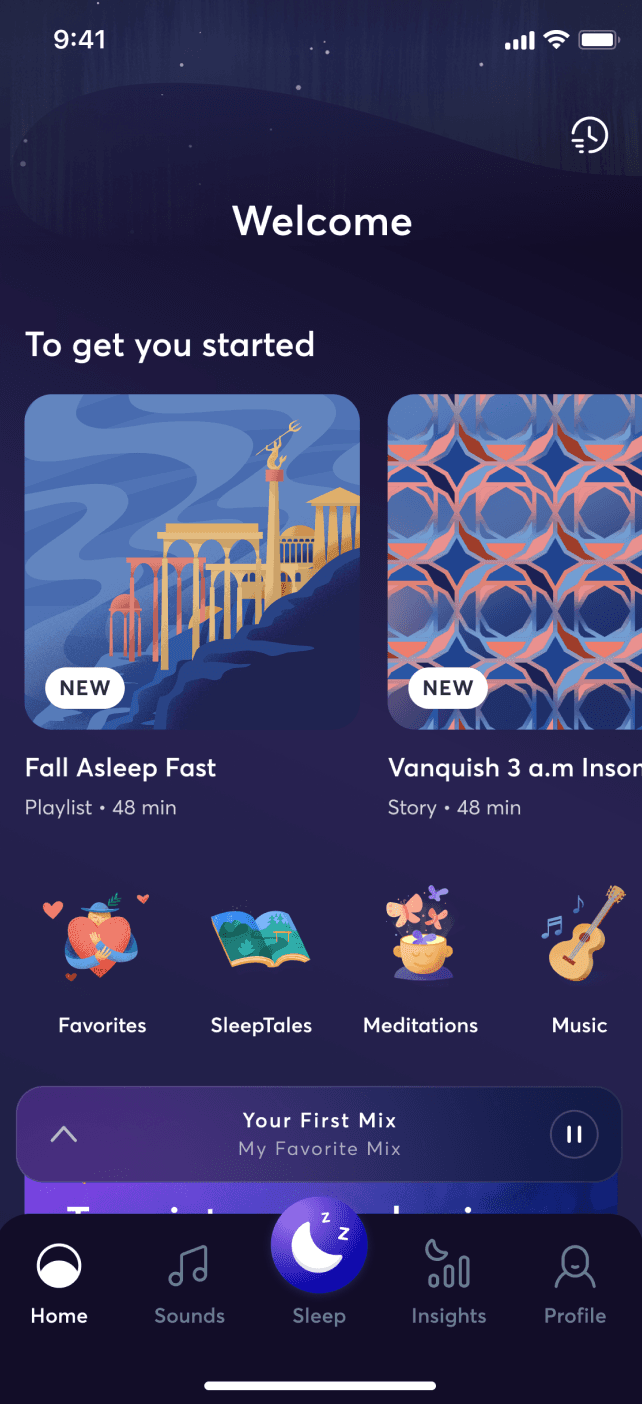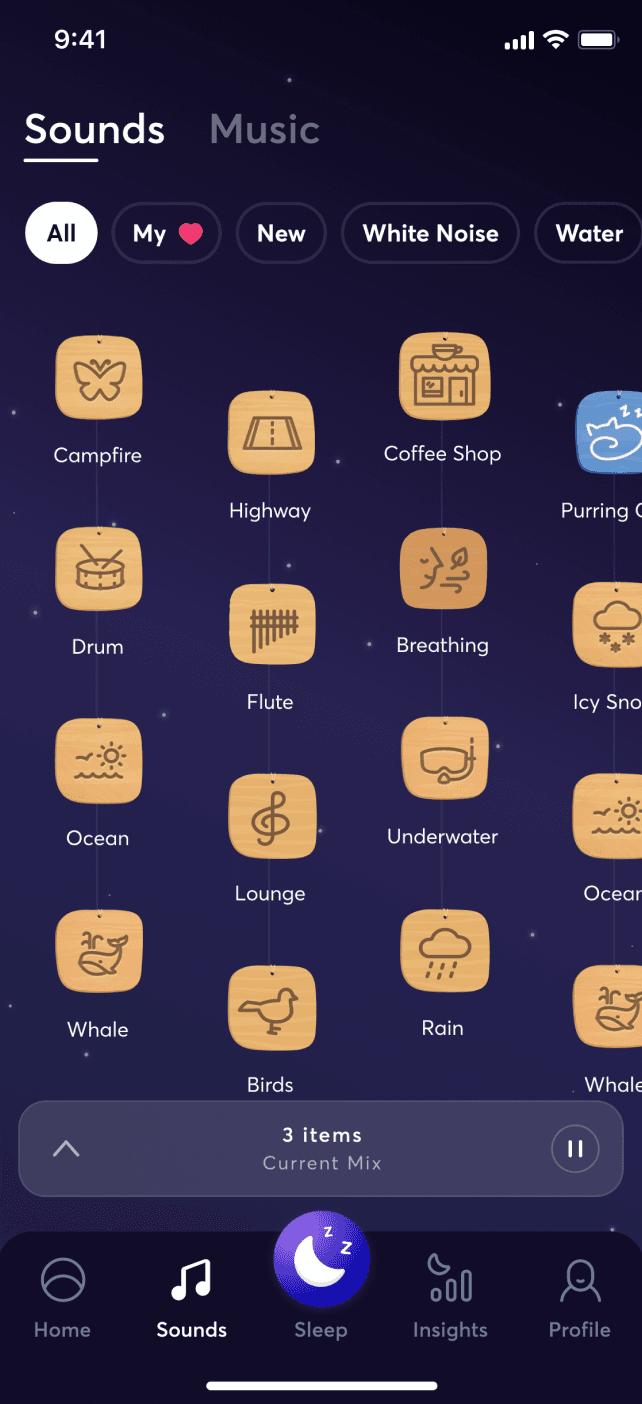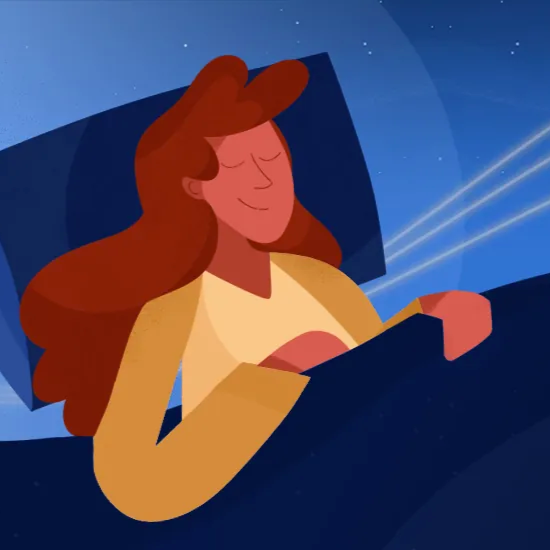
Can We Sleep Our Way to Happiness?
A Google search for the word “happiness” yields more than 850,000,000 hits. Some psychologists talk about happiness as being a combination of positive emotion, not too much negative emotion, and a high satisfaction with life. If we have those three things, we are (all else being equal) happy.
But what determines whether we have those three things?
Scientific evidence demonstrates that healthy sleep increases positive emotions and decreases negative emotions. When we don’t get enough sleep, our emotional abilities are markedly disrupted and we become emotionally reactive, irritable, and impulsive.
How does sleep help us have more positive and fewer negative emotions?
Stress-Buffering Effect of Sleep: Sleep acts to lower stress, and this helps us have fewer negative emotions and more positive emotions.
Cope Better, Feel Better: When we are well-rested, we cope more effectively with challenging situations and stressors. We have more positive experiences, and this helps us feel good.
Overnight Therapy? Sleep transforms negative emotions to neutral emotions; upon waking, we experience fewer negative emotions than we did before sleeping, even if nothing else has changed.
Dream Power: Frightening dreams help prepare us to cope with feared objects, situations, or thoughts on the following day. It is as if we have practiced in the safe context of our dreams, allowing us to feel less threatened during the day.


How does unhealthy sleep make us experience more negative emotions and fewer positive emotions?
The answer lies in the way our brain works. Amygdala, which is a Greek word meaning “almond”, is the name given to an almond-shaped part of the brain that responds rapidly to a threat. The prefrontal cortex, which lies at the very front of the brain, helps us to carefully and strategically choose the right emotional and behavioral response in a given situation. The amygdala and the prefrontal cortex work as a “team”. The amygdala quickly identifies information that is important for survival (such as risk) and pushes us to act fast, whereas the prefrontal cortex “tones it down” and reduces activation in the amygdala. This results in lower negative reactivity, which helps us control our impulses.
Following 1 night of total sleep deprivation or 5 nights of only 4 hours of sleep, the “relationship” (connectivity) between these parts of the brain falls apart. The result is that the amygdala “takes over”. We experience more intense fear and our reactions are faster, stronger, and frequently inappropriate because we tend to interpret neutral stimuli as emotional triggers. This results in the experience and expression of inappropriate and intense negative emotions.
To be happy, we need to reduce distress and increase positivity. Can getting better sleep help us achieve that?
A recent study found that sleep improvement in young women with unhealthy sleep and mood problems reduced their symptoms of anxiety and depression. Similarly, adolescents who improved their sleep and extended it by about 1 hour exhibited improved mood. Conversely, people who obtained a reduced amount of sleep on a regular basis were more likely to develop anxiety and depression.


What are some strategies I can use to prioritize my sleep?
- Identify the right amount for you by looking at sleep guidelines to see the recommended duration of sleep for your age group.
- Determine when you are naturally sleepy and when you need to get up in the morning. Use this information to set your personalized and specific bedtime and wake time goals to achieve your ideal sleep duration.
- Plan for how you can best adhere to the set sleep schedule and duration given your unique schedule, demands, and circumstances.
- Ensure success by identifying any barriers to adherence, and strategies to overcome these barriers.
- Figure out how to prioritize and reorganize activities to allow you to meet your desired bedtime; consider setting an alarm to remind you to go to bed.
- Create healthy routines leading up to bedtime and set your phone and other devices to a quiet mode as you start preparing for bed.
- Identify positive reinforcements you can give yourself for adhering to the set sleep schedule, and then follow through.
Author Bio
Reut Gruber is a scientist, psychologist and sleep expert. She is an associate professor in the department of psychiatry at McGill University and director of the Attention, Behaviour and Sleep lab at the Douglas Mental Health University Institute; Diplomate of the American Academy of Cognitive Therapy (ACT) USA; Licensed Psychologist, l’Ordre des Psychologues du Québec (OPQ), QC, Canada

